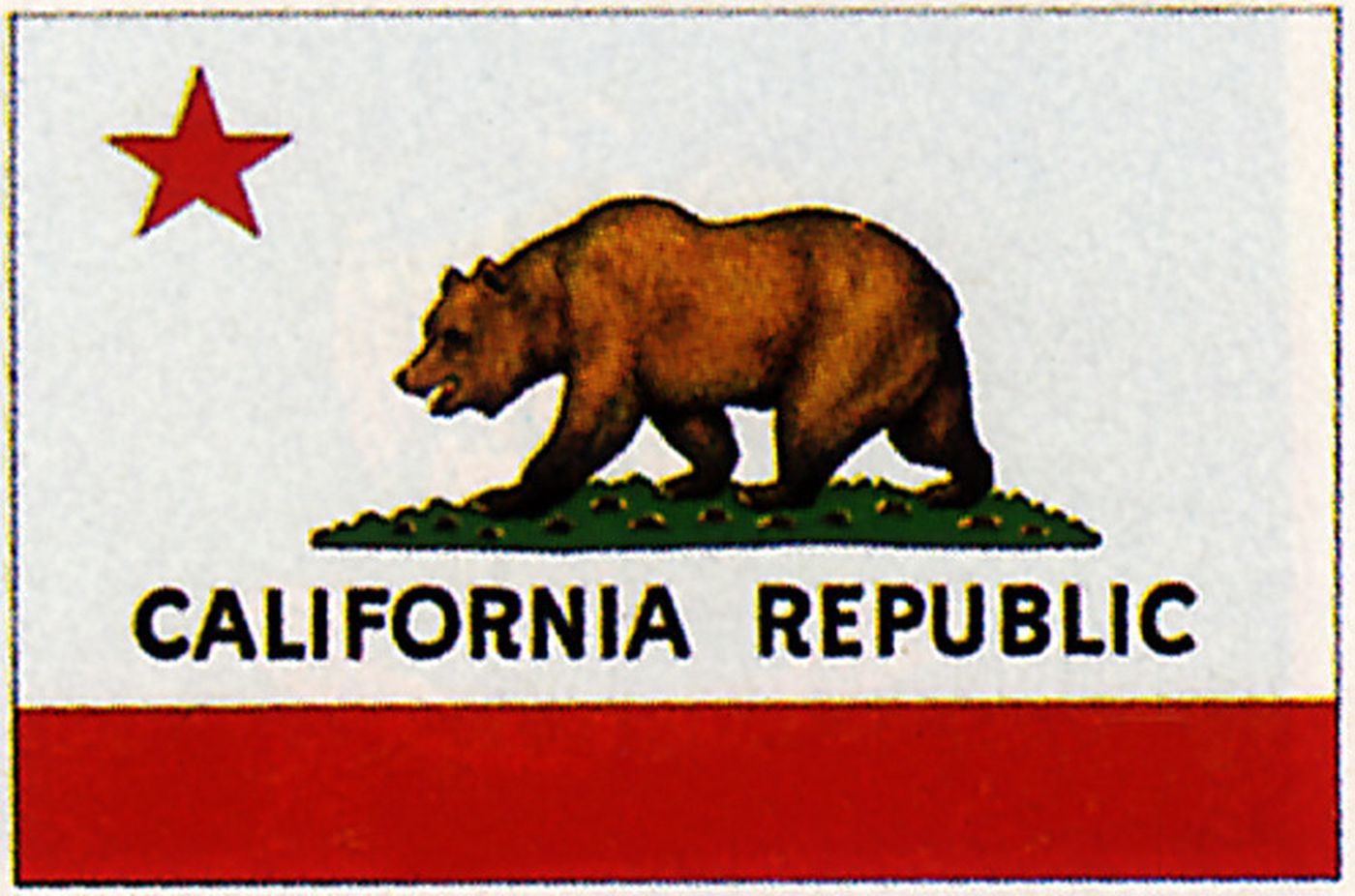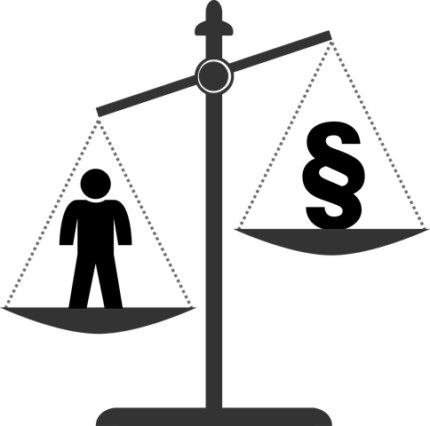California Privacy Update: Tentative Compromise on Consumer Privacy Act
6/28/2018 Update: Governor Brown signed AB-375 into law on the afternoon of June 28, 2018. The law is named the California Consumer Privacy Act of 2018, and will take effect in January 2020. This will give industry and lawmakers some time to regroup and fine tune the regulations under this new act.
In a last-minute attempt to keep the California Consumer Privacy Act initiative off the November ballot, California lawmakers reached a tentative deal with ballot sponsor Alastair Mactaggart on June 21st to push forward a legislative privacy bill. The deal depends on the bill passing both houses and being signed by Governor Brown by June 28th.
The proposed bill, introduced by State Assembly member Ed Chau and state senator Robert Hertzberg, would give California consumers unprecedented rights to know what information businesses collect about them, where that information comes from, and how that information is shared. The bill also gives consumers the power to stop companies from selling their data.
Continue Reading California Privacy Update: Tentative Compromise on Consumer Privacy Act


